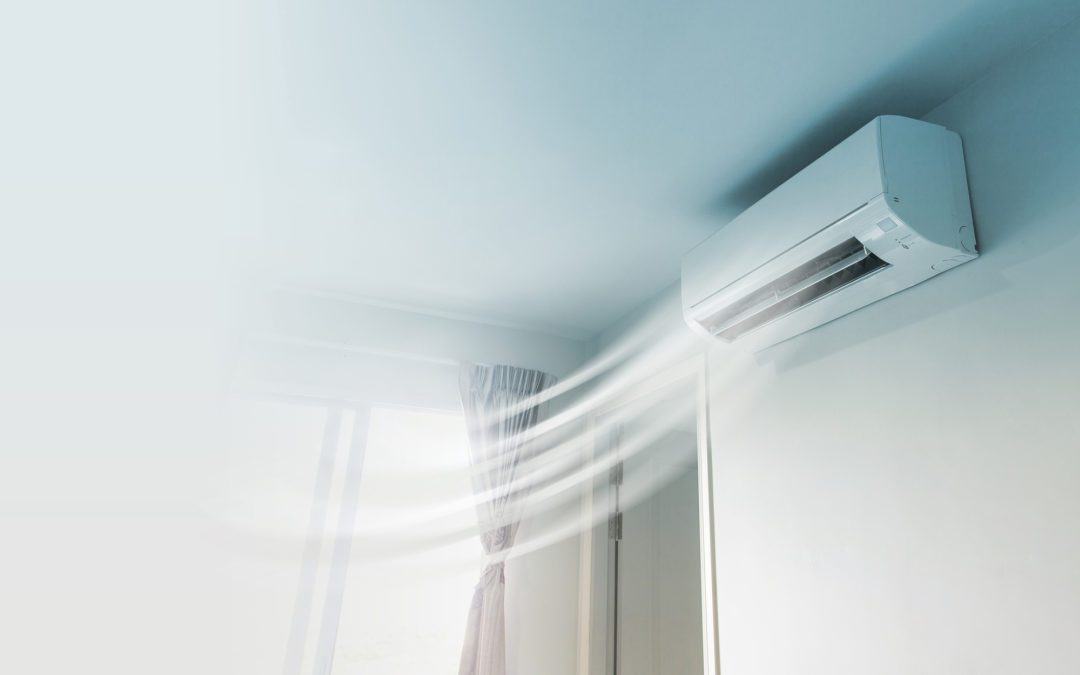If you’ve been in the market for an air conditioner, you would have heard the HVAC technician discussing terms such as BTU. From picking up conversations with friends and family, you find your way to define the term and automatically assume that the higher number of BTUs, the better the air conditioner. This is certainly not the case, and if you’re asking yourself the question, “how many BTU do I need?” To answer this question, you first need to understand clearly what it means and how it relates to the cooling in your home.
BTU refers to the British Thermal Unit, which measures the capacity of the air conditioner. The intricate definition of the term points toward the amount of heat required to increase the temperature of one pound of water by a single degree Fahrenheit.
Selecting the ideal sized air conditioner can save you money and perform as you desire. When installing a new system, it’s essential to know how big or small the unit should be before you give the technician the green light. To do this, the HVAC contractor must do a load calculation to determine how much cooling and heating capacity the unit must have to ensure high comfort levels for the occupants.
The Bigger Your Space The More BTU You Will Need
The load of your interior space depends on your home’s square footage. A proper load calculation goes deeper than that, though, as it must include building construction, its location concerning the sun, the number, size, and placement of the rooms, alongside the doors and windows, and the climate. Mathematical formulas assist HVAC technicians in calculating the total load for a residential setting. Thanks to digitization, this process doesn’t consume the amount of time that it did previously. It’s critical to have an accurate calculation to avoid problems in the future. Neglecting this step can lead to an increased initial cost, monthly utility bills, and maintenance requirements.
You shouldn’t be fooled into thinking that the larger the BTU number, the more comfortable you will feel in summer. An air conditioner that’s too large for the space it’s intended to cool will perform less efficiently and effectively than the correctly sized unit. Furthermore, the larger unit may cycle off and on too frequently, leading to a cool space but with high humidity levels. An appropriately sized system can run for longer while being efficient and is better at dehumidifying the interior.
If you consider the size of the room alone, the air conditioner needs 20 BTU for each square foot of living space. You need to ensure that the electrical system in your home can handle the unit’s power requirements.
To calculate the number of BTUs your air conditioner should be, you need to assess the cubic volume of the space. Take the height, length, and width of the room and multiply it by four to determine the BTUs for your system.
Usually, homeowners opt for the standard 9,000 BTU air conditioning system ideal for a 350 to 400 square feet room. If you’re still wondering how many BTU you need for your space, perhaps this table can offer more direction.
BTU Vs Room Size
| BTU | Room Size |
| 4,000 | 100 to 200 square feet |
| 6,000 | 200 to 300 square feet |
| 10,000 | 400 to 500 square feet |
| 12,000 | 500 to 600 square feet |
| 18,000 | 800 to 900 square feet |
| 24,000 | 1,000 to 1,200 square feet |
Another formula that you can use to calculate BTU is to take the size of your space in square feet and multiply it by 20. Of course, several other factors may affect the air conditioner’s cooling capacity, such as the number of windows on the property. While walls can keep the sun away from your interior, windows don’t offer the same protection.
How Many BTUs? It May Depend on Where You Live
You may need an HVAC unit with a higher BTU than usual when you live in a city with a warmer climate than average, the room that you want to cool is directly facing the sun, and your property features more windows than the average home.
While you’re deciding on a suitable air conditioner for your property, it’s worth considering looking into units that are more energy efficient. When you’re running the system all day and every day, it can lead to a larger utility bill in the summer months. However, with the latest air conditioners, you can end up saving on your energy bills. A system with a Seasonal Energy Efficiency Ratio (SEER) rating of 16 and over is ideal as it will consume less energy.
Before you install your new unit, it’s advisable to have the contractor inspect the condition of your ducts. When they leak air or don’t deliver the correct amount of treated air, it can increase the operational costs to over 50 percent. For this reason, find a reputable HVAC company to handle all your air conditioning issues, including calculating the correct BTU for your property.

